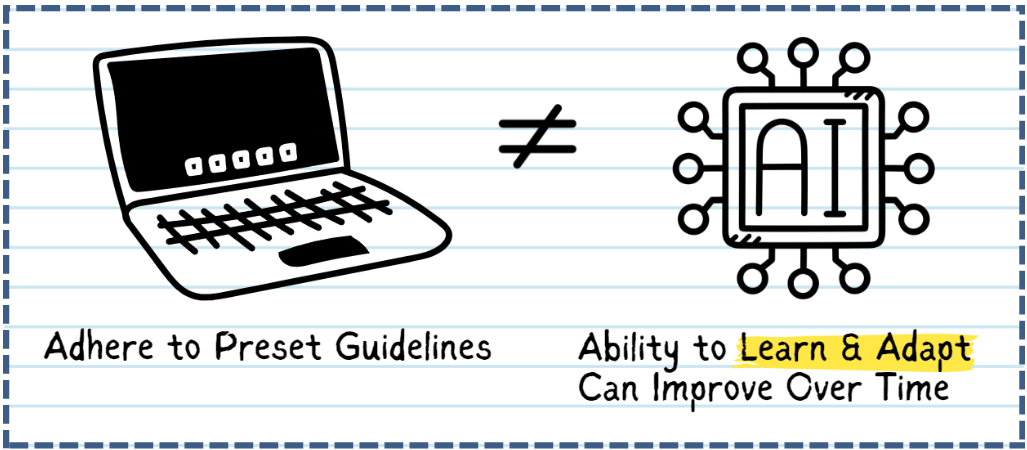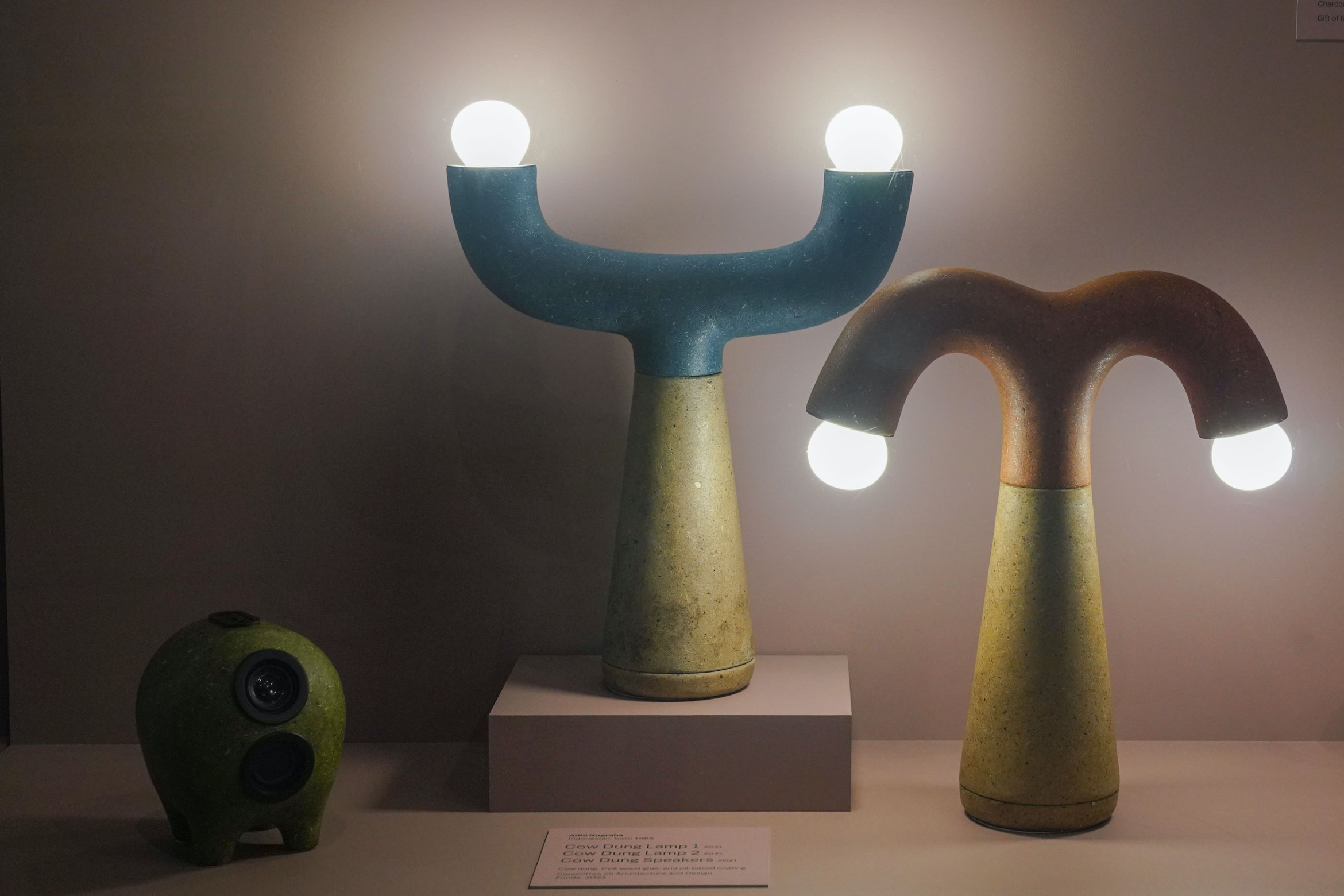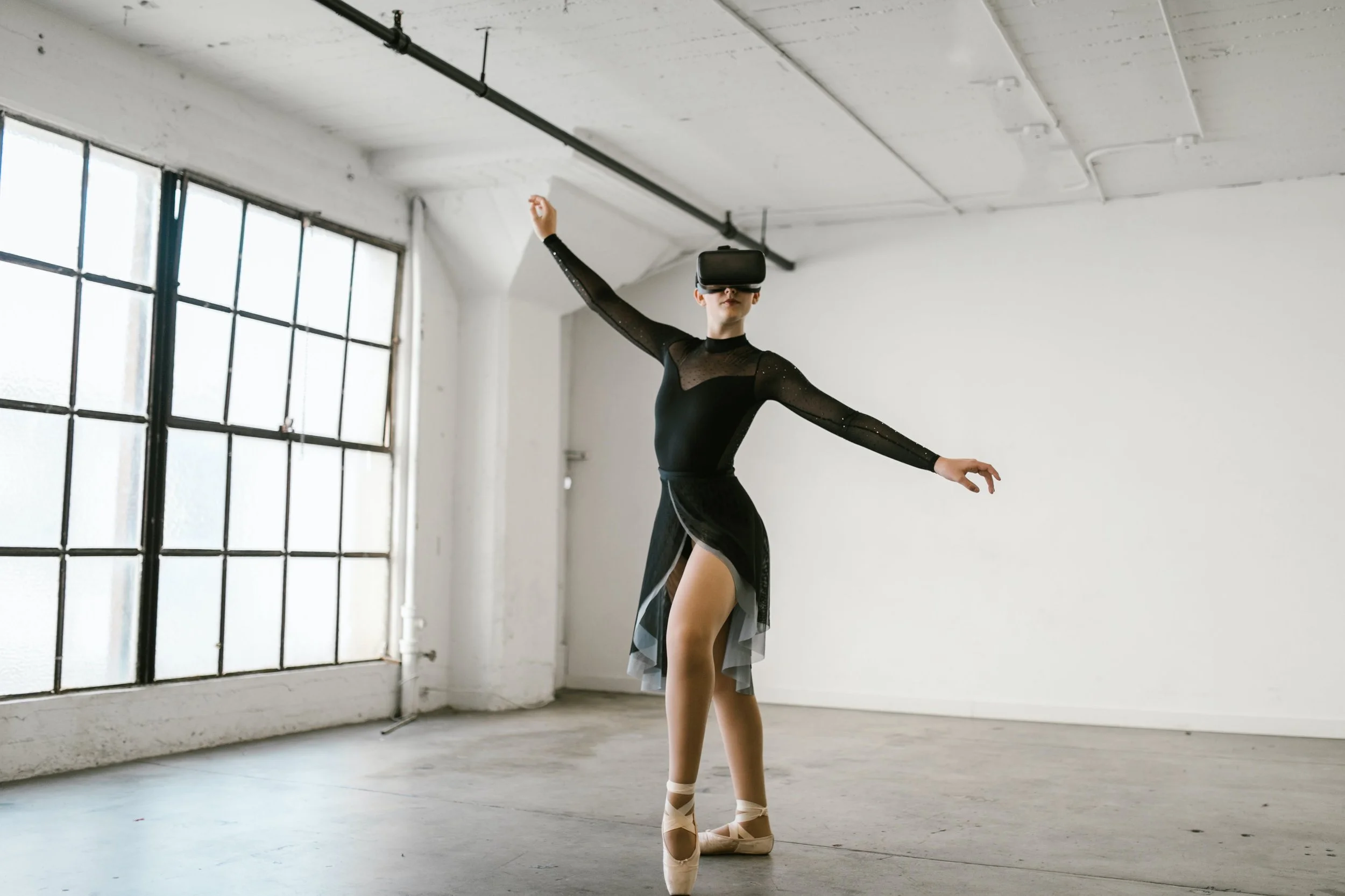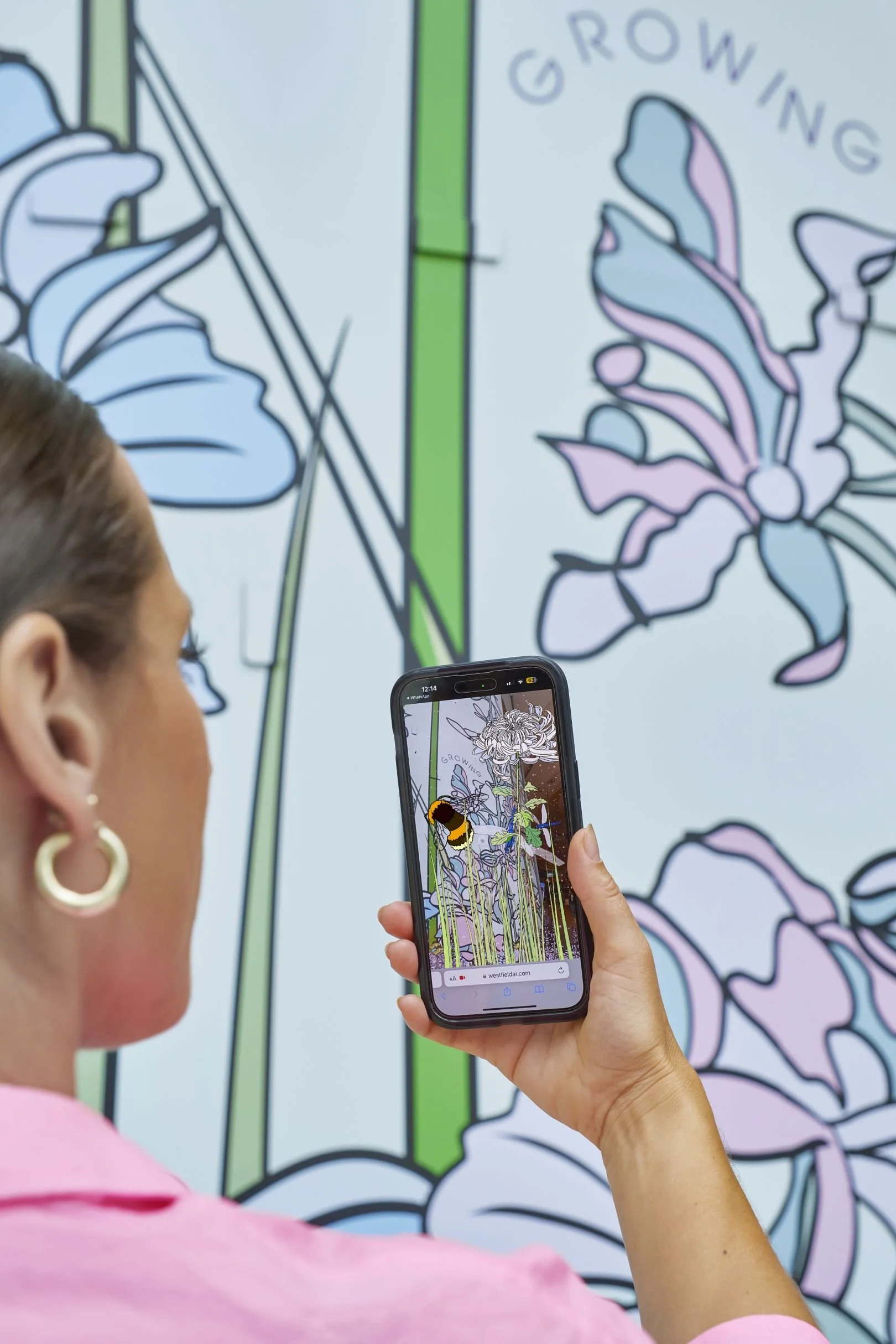XR is an exciting venture for museums for a variety of reasons ranging from stretching the limits of exhibition possibilities to expanding access and elevating the transfer of knowledge to an interactive, long-lasting experience. But how can museums thoughtfully incorporate XR into their programming, aligned with the sector’s increasing awareness and incorporation of equity goals?
January News: Ethics, Entertainment, & Sustainability
Emerging tech is growing in leaps and bounds in the first month of 2024, with headline advances in AI, cryptocurrency, and VR. Conversation around AI ethics continues, and young advocates take the lead in promoting a positive AI future. Meanwhile, Apple Vision Pro launches for pre-sale, partnering with entertainment leaders like Amazon Prime and Disney+ to spark demand for the product. For those interested in cryptocurrency and blockchain, the SEC approved bitcoin ETFs, and more than $4 billion was exchanged on the first day of trading. Additionally, privacy concerns push Google Chrome to phase out third-party cookies by the end of 2024, though advertisers worry about Chrome's hold on the market. And, while blockchain is known for being less-than sustainable, Artists are considering the environmental impact of their work, and exploring regenerative materials in their practice - from fine art to set design.
How AI is Leading the Textile Industry to a New Lease on Life?
Artificial Intelligence (AI) has evolved from a concept in science fiction to an essential component of everyday life. With the AI software market expected to surpass well over $200 billion, its extensive impact is unmistakable. This article will delve into the deep relationship between AI and the textile industry, highlighting how AI is transforming this age-old craft in line with the sector’s rapid growth.
Leveling Up Together: Inclusive Marketing Strategies for a Diverse Gaming Community
Research by a Master of Entertainment Industry Management team examined the current gaming landscape, allowing their video game marketing client, Cheat Code (a division of Omelet) to develop effective strategies that resonate with the diverse audience of midcore and hardcore games. They found that Diversity, Equity, and Inclusion (DEI) initiatives incorporated by a gaming company can increase players' willingness to participate in the communities.
Top 10 Articles of 2023
December News: AI, Art & Pop Culture
As 2023 comes to a close, Artificial Intelligence remains front of mind as tech giants continue to develop more powerful language models. The rapid development comes with growing concern for privacy and energy consumption. Meanwhile, arts organizations use technology to stay on top of trends - bringing popular culture into museums or adjusting to changing voice in social media. And, as the year comes to a close, the Arts Management and Technology Laboratory is taking a break for the next couple of weeks. Check back January 1 for new content, follow us on socials, or rewind to some of your favorite 2023 articles and podcasts.
In What Ways is AI Disrupting the Dance Industry?
Horizon 2028 Part 2: Audience and Industry Interview Perspectives
Horizon 2028 Part 1: The Future of Global Content Licensing
This report considers content and distribution strategies that allow Paramount Global Content Distribution (PGCD) to maximize subscriber growth and external licensing revenue. Given the symbiotic nature of licensing deals among studios, the research team focused on how PGCD can remain competitive in the streaming landscape with a balanced mixture of internally and externally licensed properties.
AI-Generated Images: Can We Even Trust Photography Anymore?
AI as a Support for Curatorial Practice in Museums
The merging of artificial intelligence (AI), big data, and human cognitive systems has catalyzed a profound digital transformation of our lifestyles and production methods. This shift is particularly noticeable in the art field, where the integration of AI has sparked innovative ideas and prompted new assessments of traditional practices. Art museums are investigating the potential of AI in collection management, improving visitor experiences, and ticketing attendance data. Of these, the field of art curation is one that is undergoing an evolution.
November News: The Changing Landscape for Digital Participation in the Arts
Exciting to many, distressing to some – digital media continues to hold the largest share of arts participation, and platforms are finding new ways to engage with online audiences. As new trends emerge, creators across disciplines are advocating and winning fair compensation and increased protection of their work. From SAG-AFTRA to regional theatre, contracts with creators are offering greater rewards for digital content and protections for current and future AI.
Evolving Applications of AI and VR in Art Conservation, Preservation, and Reconstruction
The field of art conservation has long been a community of highly specialized and skilled professionals, often whom have dedicated hundreds of hours to understanding meticulous processes and materials. They are entrusted by institutions and the public to preserve and protect pieces of culture and history- works which often occupy fragile and delicate states for the remainder of their existence. Many of these pieces have lived long periods of time, having witnessed conflict, cultural changes, and geopolitical events over the course of history.
Hurdles Made of Dollar Bills: The Gatekeeping of a College Education in Musical Theatre
For this analysis, author Ashley Offman has analyzed Playbill's Top 10 List from the most recent Broadway season. To fully understand the opportunities available for those who are trying to enter the industry, Ashley analyzed the costs of the current (as of November 2023) top 10 most represented schools on Broadway, the competition surrounding the process, and the possible consequences of the Supreme Court’s ruling to end affirmative action.
Museum Computer Network 2023 Conference Takeaways
Staff Researcher, Venetia Liao, attended the 2023 Museum Computer Network Conference (MCN), and wrote about her four key takeaways: (1) Audience Engagement & Visitor Experience In Apps, Websites, Research, and Design, (2) AI, VR/XR/AR Usage & Concerns, (3) Data & Database Management For Collections Management & Marketing Strategy, and (4) Cybersecurity.
U.S. Copyright Office Ruling and Implications on A.I.
Generative AI in an art context raises a multitude of legal questions, one of the more important ones being, who owns the art? Is it the AI-tech company? The person who inputs the prompts? Some mysterious third party? More specifically, with the U.S. Copyright Office declaring that AI cannot be credited as an author on a piece of art, how does this change the legal landscape for the AI-curious and artists who already use AI as part of their creative process?
How President Biden's Executive Order Might Affect Artists and Arts Organizations
On Monday, the headlines were ablaze with President Biden’s executive order addressing safe, secure, and trustworthy Artificial Intelligence. At 111 pages, the order offers a breadth of policy frameworks and standards creation that affect government operations and industry reporting. However, several areas of note have a direct potential impact on the work of artists and arts organizations: Watermarks of content authenticity, Copyright, and Labor.
October's News: Regulation, Disinformation, and Leveraging the Metaverse
Exploring the Feasibility of AI Music Therapy
AR Public Art & Climate Intervention
AR artwork is moving away from dependence on commercial or scientific success and artists have more freedom to create place-based artworks without necessarily having permission or costly materials. As a result, artists are stepping into the AR public art space to tell stories, respond to inequity, and shift behavior for positive social impact.
























